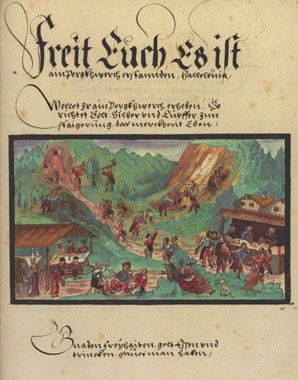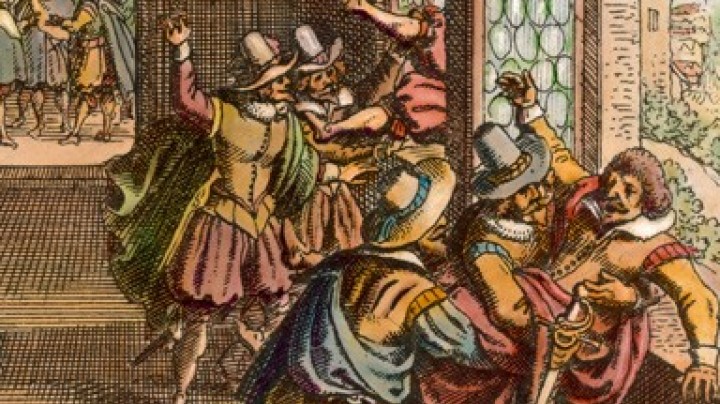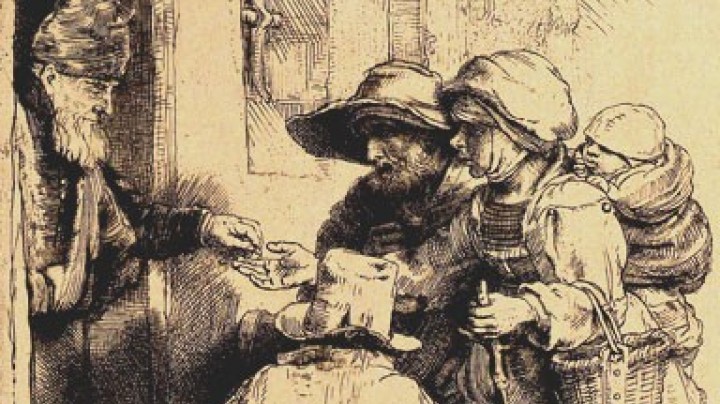Money from the ‘New World’ – sources of money and taxation under the Habsburgs
Charles V was able to make capital out of the discovery of America. His brother Ferdinand I and his successors in the Austrian branch of the family had to be content with more modest incomes.
The Spanish kingdoms and with them the New World brought Charles V some five million gulden in the middle of the sixteenth century. His brother Ferdinand’s more modest income came from the so-called Chamber or Cameral Estates (Kammergüter), on the revenue from which the ruler could draw directly, without having first to come to an agreement with the provincial diets. However, this source of income steadily declined, as little by little these estates were mortgaged. The result was that the Habsburg rulers had to resort increasingly to income from mines and various monopolies as well as to indirect taxes, for example on beverages.
A major source of income was provided by direct taxes, which, however, had to be approved by the provincial diets. Although in the years after 1620, as a consequence of the crushing defeat of the Protestant Bohemian aristocracy at the Battle of the White Mountain, such approval became a mere formality, the diets did all they could to keep down the amount of tax to be paid. In principle landowners were not exempted from taxation, but they did not, for example, have to pay taxes on the agricultural business of their estates. On the other hand their income from any trading profits, for example from fish farming, was liable for tax. In any case, landowners passed most of the burden on to the rest of the population. The level of taxation varied from one province to another, since it was dependent on approval by the diets. In the Austrian and Bohemian provinces a peasant paid far more in tax than in the Hungarian territories, where, however, the wars against the Turks were being fought in the second half of the seventeenth century. This meant a considerable financial burden for the people living there and they were also likely to be plundered by the imperial troops.















